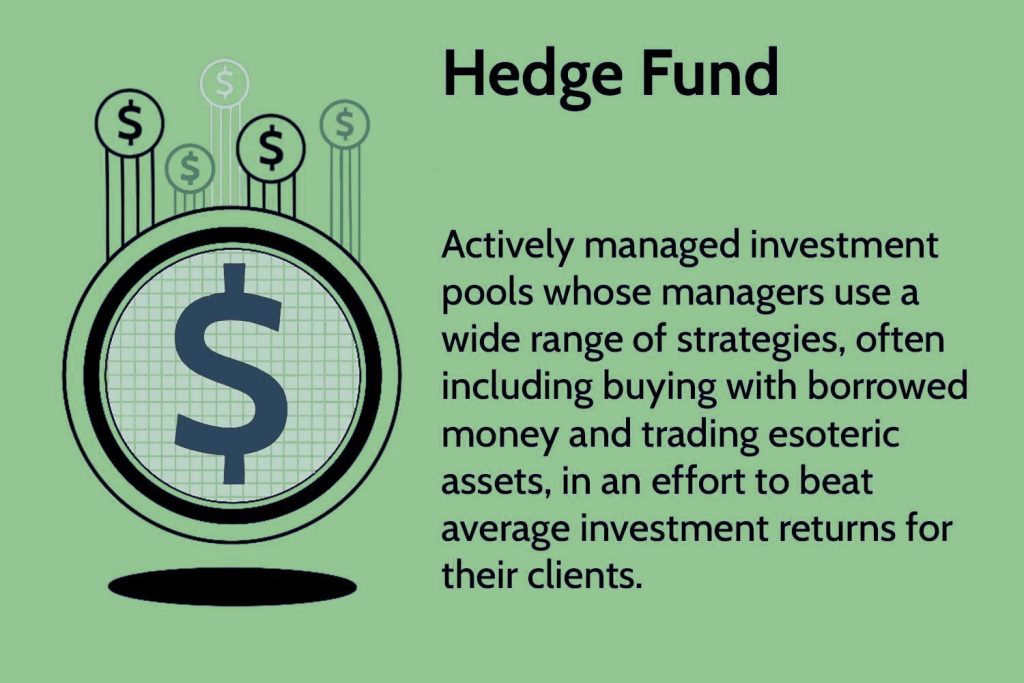What Do Hedge Funds Do?


What Do Hedge Funds Do?
If you’re a beginner in the world of finance, you might have heard the term “hedge funds” being thrown around. But what do hedge funds really do? In this article, we’ll demystify the concept and break it down for you in plain English.
First off, let’s address the elephant in the room. Hedge funds are not your typical mutual funds or index funds. They are more like the renegades of the investment world. Hedge funds are privately managed investment funds that cater to wealthy individuals and institutional investors. These funds are known for their flexibility and ability to employ a wide range of strategies to generate profits.
So, what sets hedge funds apart from other investment vehicles? Well, one of the key differentiators is their freedom to take both long and short positions in various assets. Unlike traditional funds, hedge funds can profit from falling markets by short-selling stocks or other securities. This ability to hedge their bets, hence the name “hedge” funds, gives them an edge in volatile market conditions.

Hedge funds are often seen as the Wall Street titans, making big bets and reaping big rewards. They are known for their active management style, which means they are constantly analyzing and adjusting their portfolios based on market trends and opportunities. It’s like playing a game of chess, where the fund managers strategically position their investments to maximize returns while minimizing risks.
Another important aspect of hedge funds is their focus on alternative investments. These funds go beyond the traditional stocks and bonds and explore a wide range of assets, including derivatives, commodities, real estate, and even cryptocurrencies. By diversifying their portfolios across different asset classes, hedge funds aim to achieve better risk-adjusted returns.
But what about the fees? Hedge funds are notorious for their hefty fees, often referred to as the “two and twenty” model. This means they charge a management fee of around 2% of the total assets under management, along with a performance fee of around 20% of the profits generated. While these fees might seem steep, they are designed to align the interests of the fund managers with the investors. The idea is that the managers earn more when the investors earn more, creating an incentive for outperformance.
Now, you might be wondering, can anyone invest in hedge funds? Unfortunately, the answer is not that straightforward. Due to regulatory restrictions, hedge funds are generally only available to accredited investors or institutions with substantial financial resources. These restrictions are in place to protect smaller investors who may not have the expertise or risk tolerance to navigate the complex world of hedge fund investing.
In conclusion, hedge funds are specialized investment vehicles that cater to wealthy individuals and institutions. They employ a range of strategies, including long and short positions, to generate profits in various market conditions. Hedge funds focus on alternative investments and actively manage their portfolios to maximize returns. While they come with high fees and are generally limited to accredited investors, hedge funds can offer unique opportunities for those looking to diversify their investment portfolios and potentially achieve higher returns.
So, the next time you hear someone ask, “What do hedge funds do?” you can confidently share your newfound knowledge about these enigmatic players in the financial world.
